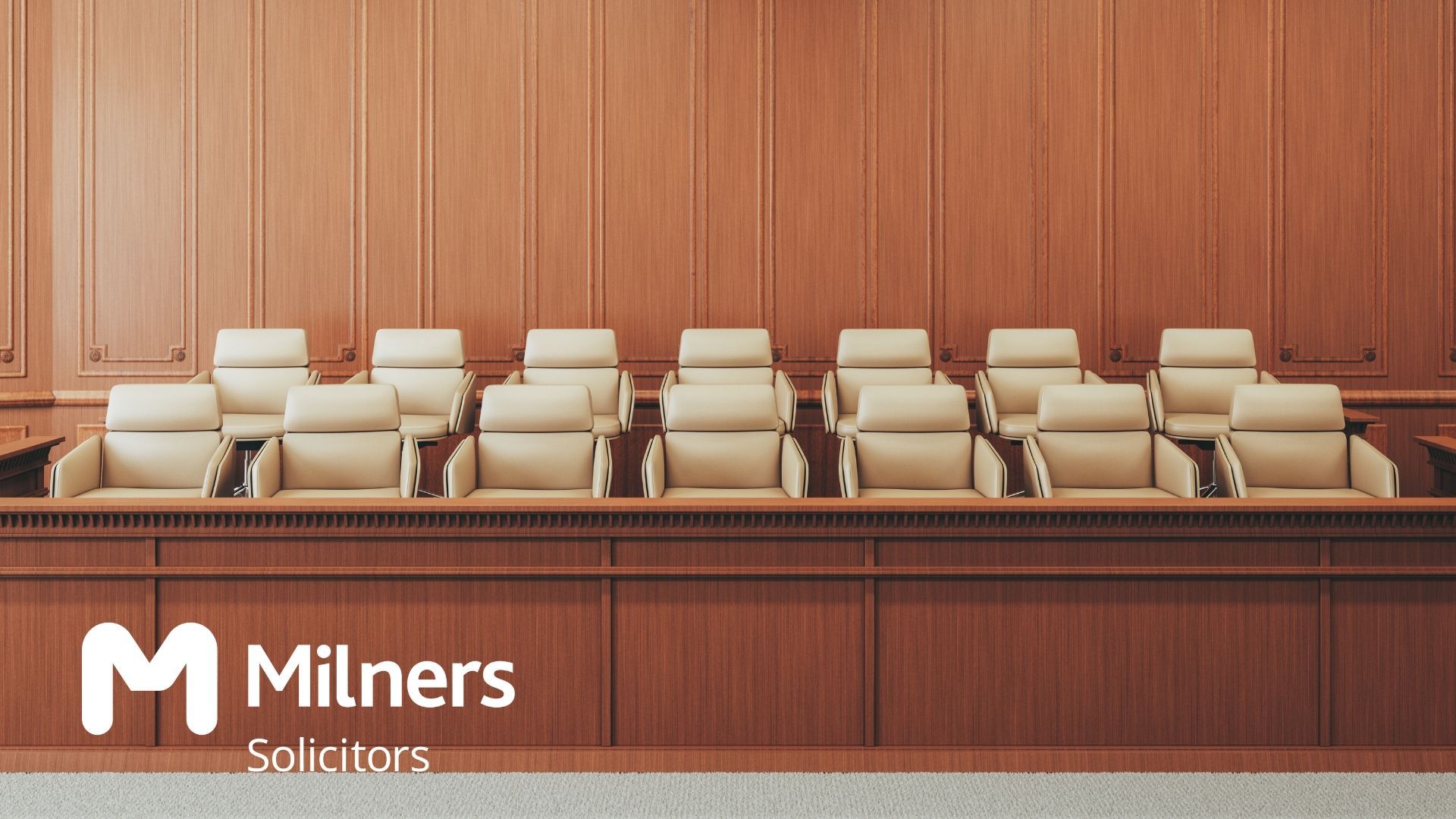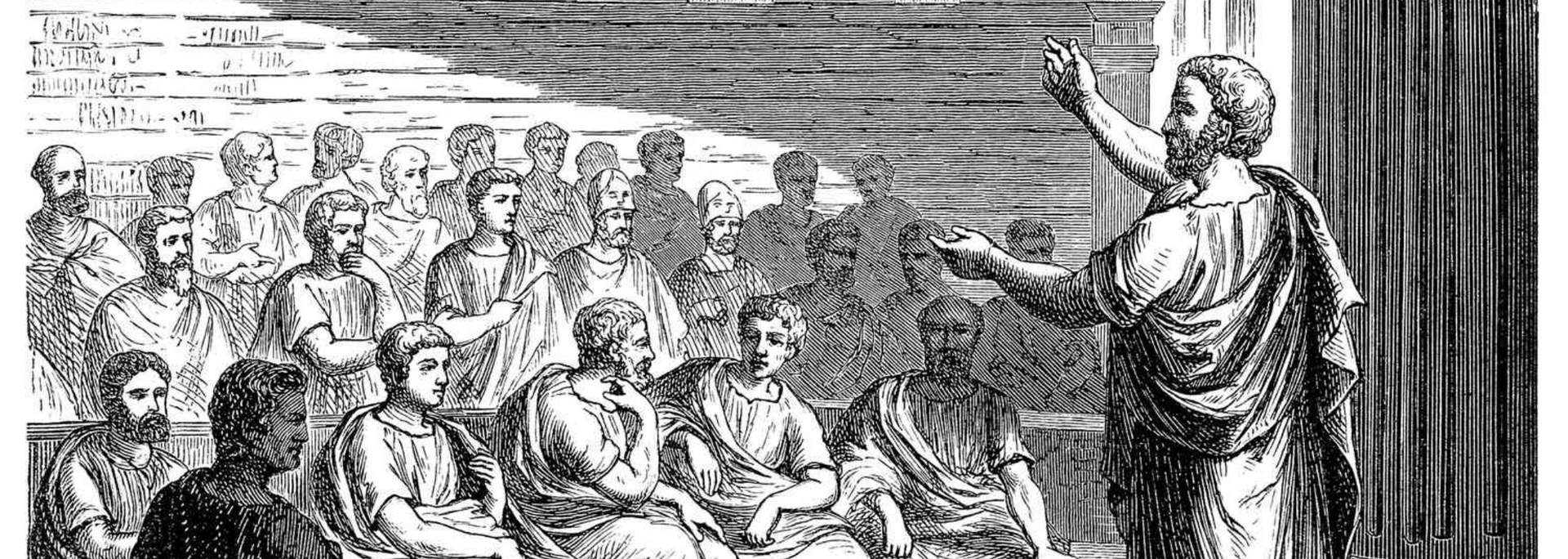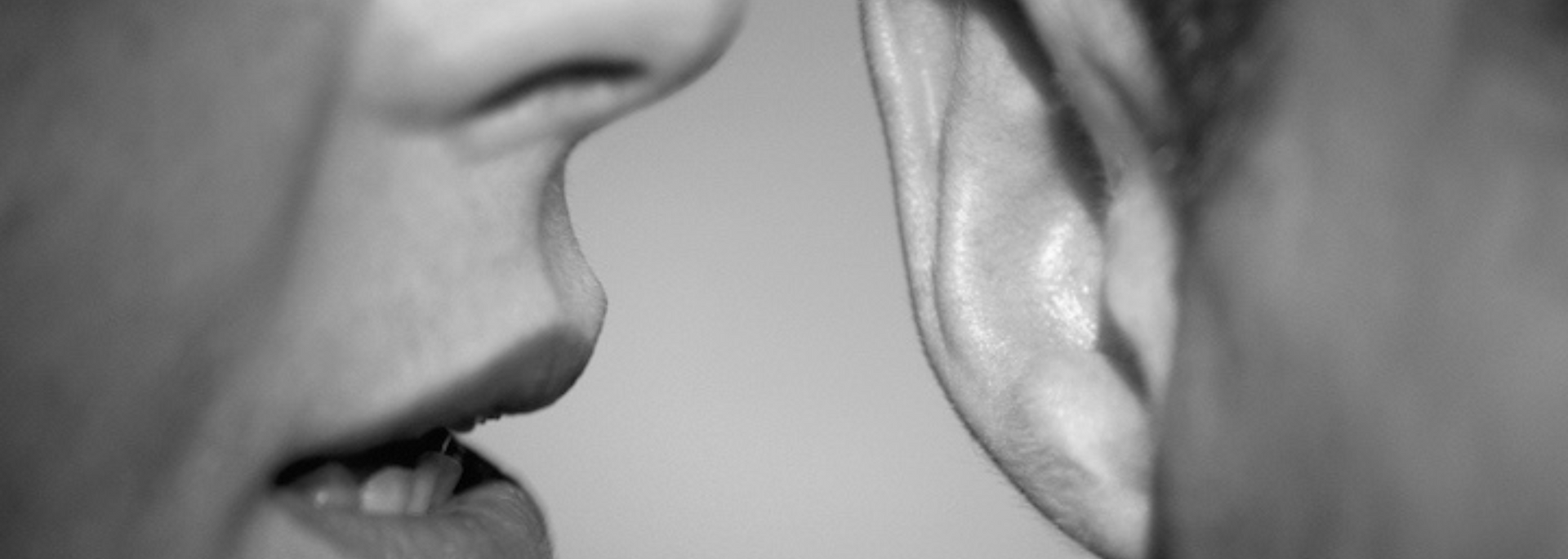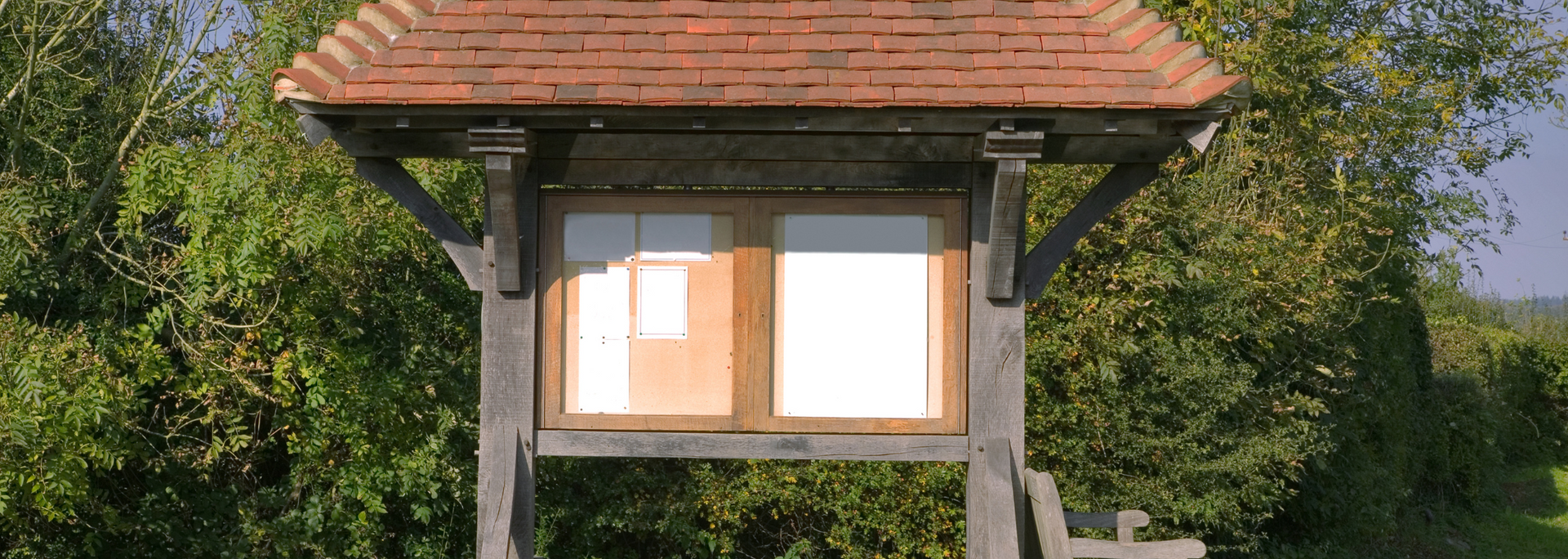How old are juries? Join us as we take you on a whistle-stop tour of this legal institution – starting in Ancient Greece and finishing up in 1970s Britain.

Today, juries are a fact of British life. Aside from their constant presence in films and TV, they directly impinge on us in the form of jury duty. To some, they represent something fundamental about the British justice system.
They're also one of our biggest exports. Under the British Empire, the system was introduced or imposed in the USA, Canada, Ireland and Australia.
But where do juries come from? A full history is far beyond the scope of this blog post – but we thought we'd take you on a tour of some of the key milestones. First stop: Ancient Greece.
Ancient Greece
Juries as we know them today have evolved slowly over time. But the basic principle of using members of the
public to consider crimes goes back at least as far as ancient Greece.

Records dating back to 500 BC show that citizens voted by secret ballot to determine the guilt or innocence of a defendant. What's more, they were eventually given the power to enact an early form of judicial review, overturning laws that they considered to be unconstitutional.
Anglo-Saxon England
In Anglo-Saxon England, men of "good character" – and powerful heritage – were asked to investigate crimes. Danish towns in England often had twelve-man juries. King Aethelred the Unready (865-871) made it illegal for juries to investigate crimes with bias.
At this point in history, a key difference from today was that juries were self-informing. They weren't given information about the trial by the judge but had to do their own detective work.
Medieval England
Things changed dramatically in the reign of Henry II, who introduced a unified legal system for the whole country – what's still known as "common law". He also presided over big changes to the jury system.
Back then, judges were peripatetic. They went from shire to shire ensuring that common law was being enforced and claiming fines due to the king.
Henry made the general public part of the process through the creation of "juries of presentment". These were members of the public who had to report under oath all the crimes that they believed had been committed in their district – and to name those who they deemed responsible. They didn't, however, issue a verdict of guilty or not guilty.

It's important to say that at this stage in history, all the way up to the 20th century, juries were socially exclusive. Poor people weren't included in the process.
This system received a huge boost in 1215 when Pope Innocent III banned the clergy from presiding over trials by ordeal. These were painful punishments meted out as a display of divine justice
One famous example was the "ordeal of hot metal", in which molten metal was poured onto the hand of the accused. If the wound healed rapidly, this was officially interpreted as God finding the suspect innocent.
By banning the clergy's involvement in such punishments, the Church was effectively withdrawing from the legal process and handing it over to the evolving jury system. Jurors increasingly played a role in declaring the accused to be guilty or not.
The judge would ask the jury to "say true" –
verdit, in the Anglo-French of the time. This word eventually became the English "verdict".
By the late 13th century, this kind of jury was a common part of English law. Unlike modern juries, they didn't weigh evidence but arrived at a decision based on their knowledge and beliefs.
The 17th century
Jury bias has been an issue since the system was created. A landmark example of this was "Bushell's Case" in 1670.
Two Quakers were put on trial for addressing an illegal religious assembly. The jury refused to convict on principle. The judge fined them for contempt of court. One juror named William Bushell challenged his fine and the court averred that jurors shouldn't be penalised for returning a verdict contrary to the evidence.
This is an early example of what's known as "jury nullification" – a controversial practice in which jurors protest an unjust law by acquitting the accused.
Bushell's Case was influential. Even today, a judge can't direct a jury to convict a defendant and jurors can't be punished for their decision.
The 18th century
In the 18th century, some middle-class citizens dodged jury service. In response, Parliament passed An Act for the Better Regulation of Juries (1730). This stipulated that lists of people liable for jury service had to be publicly displayed in parishes.

Today, refusal to do jury service can result in a fine of up to £1,000.
The 19th century
In 1825, the rules regarding juror selection were codified.
At this time, universal suffrage was still a century away – so it's no surprise that juries were still socially exclusive affairs. You had to own a certain amount of property to qualify.
Today, jury selection is random. Back then, local officials could use their discretion to include or exclude individual citizens – a system which was obviously open to corruption.
The 20th century
In 1919, women who satisfied the property qualifications were included in juries. These qualifications were finally abolished in 1974. It was only then that juries became true cross-sections of society.
Another characteristic of modern-day juries in the UK is that majority verdicts are allowed. This wasn't the case until 1967. Before then, a jury had to reach a unanimous verdict.
The Commonwealth
Britain imposed its legal system throughout its empire. Today, however, the use of jury trials in Britain's former territories is variegated.
India, Singapore and South Africa have all abolished the jury system. Hong Kong uses them in very limited cases. They are, however, still widespread in the Caribbean.
Conclusion
Like the rest of the British legal system, juries have deep roots. Although a lot has changed since the first juries, the principle of public participation in the law has been constant.
Are you looking for legal advice? Milners is a team of experienced
Yorkshire lawyers that's dedicated to providing expert, jargon-free advice. Feel free to
get in touch for a free, no-obligation consultation.
![Judgment has been handed down this week in Transwaste Recycling and Aggregates Ltd [2024] EWHC 330 (](https://lirp.cdn-website.com/8f80b851/dms3rep/multi/opt/o+and+s-1920w.JPG)
Pontefract Office
9A High Street
Upton, Pontefract
West Yorkshire
WF9 1HR
Darlington Office
Close Thornton Solicitors
31 Houndgate
Darlington
DL1 5RH
Authorised and regulated by the Solicitors Regulation Authority – Milners, SRA # 52317 | VAT number: 170144301
All Rights Reserved | Milners Solicitors
Our branches
This is a paragraph. Writing in paragraphs lets visitors find what they are looking for quickly and easily.
This is a paragraph. Writing in paragraphs lets visitors find what they are looking for quickly and easily.
This is a paragraph. Writing in paragraphs lets visitors find what they are looking for quickly and easily.
This is a paragraph. Writing in paragraphs lets visitors find what they are looking for quickly and easily.
This is a paragraph. Writing in paragraphs lets visitors find what they are looking for quickly and easily.
Harrogate Office
11A Princes Square
Harrogate
North Yorkshire
HG1 1ND
01423 530 103
Darlington Office
Close Thornton Solicitors
31 Houndgate
Darlington
DL1 5RH
01325 466461
Pontefract Office
9A High Street
Upton, Pontefract
West Yorkshire
WF9 1HR
01977 644 864


Authorised and regulated by the SRA, SRA ID 52317
Get tips from our business and personal law legal experts. Delivered to your inbox each week.










